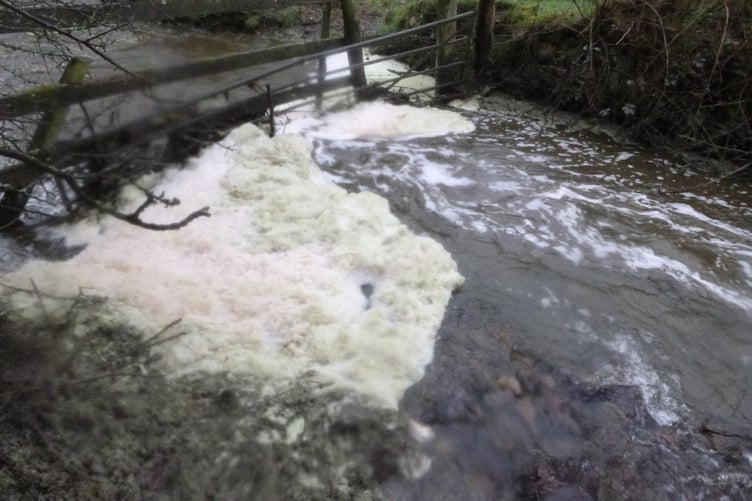The Senedd signed off on proposed UK legislation to regulate the water industry despite concerns about the Welsh Parliament being “sidelined” by Westminster.
Senedd members voted to consent to the UK water (special measures) bill, which aims to address governance issues and poor performance from water companies on pollution.
But Llŷr Gruffydd, who chairs the climate change committee, said the Senedd was “at the mercy” of the UK Government, with time for scrutiny curtailed.
Mr Gruffydd warned of a “huge” increase in Westminster legislation in devolved areas, saying: “I know ministers in the Welsh Government believe it is appropriate in many cases.
“It might be possible to defend their position if the system worked but it does not, which, in my opinion, undermines the position of the government.”
The Plaid Cymru politician said Huw Irranca-Davies, the deputy first minister, is well aware of the shortcomings of a legislative consent process he is now using so enthusiastically.
He pointed out that Welsh Water operates a different ownership model to water companies in England, saying governance proposals must suit Wales’ circumstances.
Mr Gruffydd said the funds generated by fines levied on companies should stay in Wales to improve services and infrastructure.
Labour’s Mike Hedges, chair of the legislation committee, warned the Senedd was being “sidelined” and the legislative consent motion was “at odds” with ministers’ aims.
He said the Welsh Government’s 2015 water strategy stated the objective was to align regulatory boundaries for water and sewage with the Wales-England border.
Mr Hedges told the Senedd: “Elected Members of the Senedd are being prevented from having a full say on legislation affecting rivers through their constituencies.
“While MPs in England will be able to table amendments to the bill on matters that affect Welsh rivers, Members of the Senedd are being denied that opportunity.
“Overall, the evidence provided by the Welsh Government to support this approach to using a UK Government bill to legislate for Wales has not been persuasive.”
Mr Hedges warned the case for piggybacking on a UK bill was weak, with decisions taken too quickly and potentially not fully thought through.
He described the process as an unsatisfactory and regrettable way of making law for Wales.
Plaid Cymru’s Adam Price derided an insistence that water is inherently a cross-border issue, pointing out that many rivers and tributaries cross European borders.
Mr Price urged Welsh ministers to grasp powers – set out in the St David’s Day agreement on devolution which led to the 2017 Wales Act – to give the Senedd full control over water.
Mr Irranca-Davies, who is climate change secretary, stressed that what happens upstream in England affects what happens downstream in Wales, and vice versa.
He said: “That means in order to make real and lasting change we must work together,” pointing out that Ofwat and the Drinking Water Inspectorate cover Wales and England.
He explained the bill will strengthen the regulator’s powers to address water pollution, limit bonuses and allow Natural Resources Wales to recover costs from water companies.





Comments
This article has no comments yet. Be the first to leave a comment.